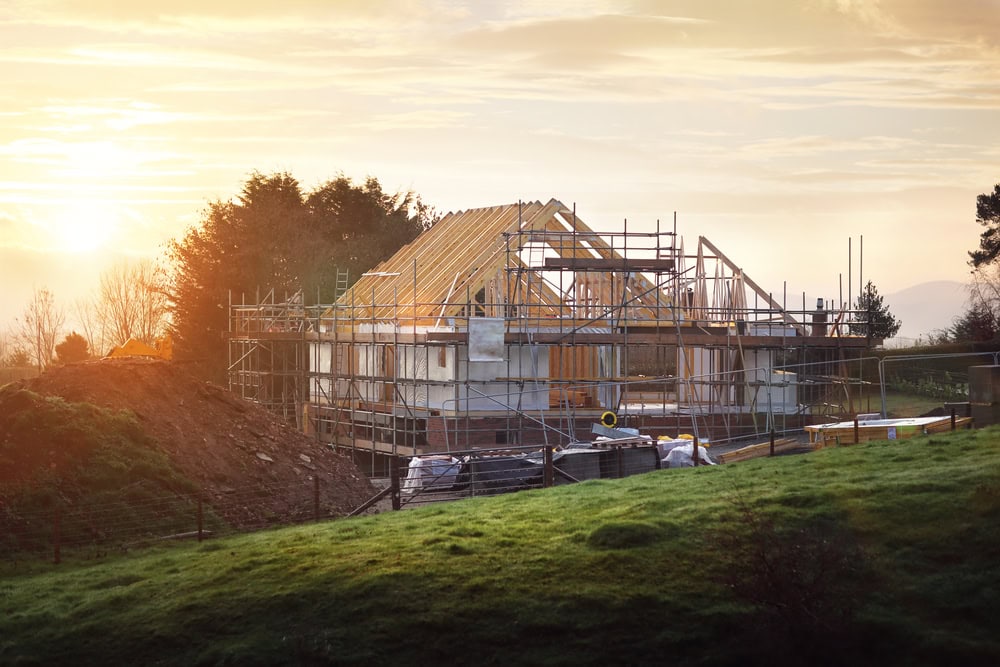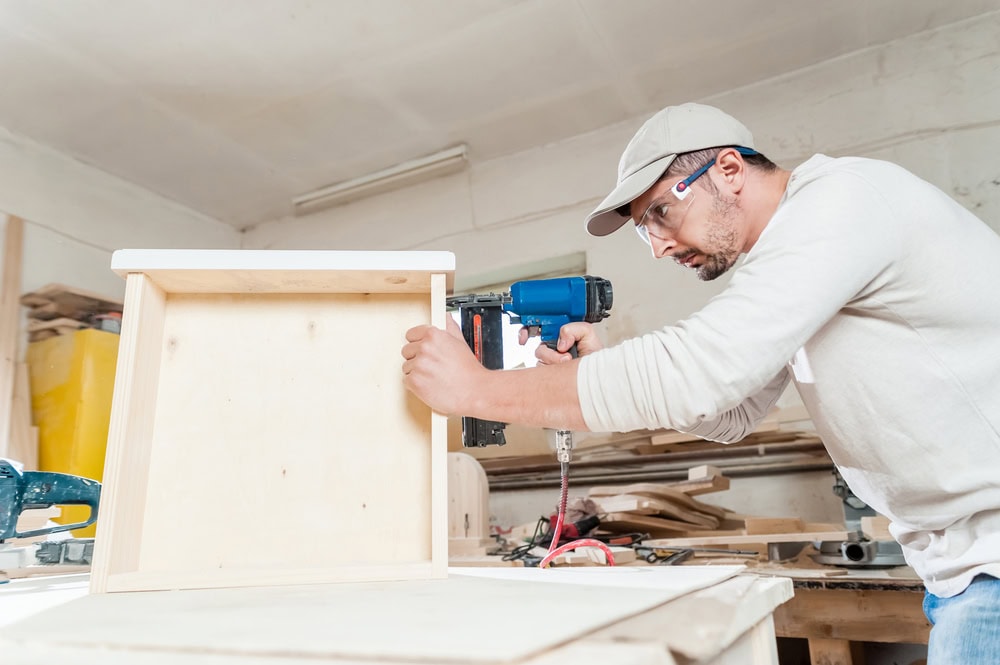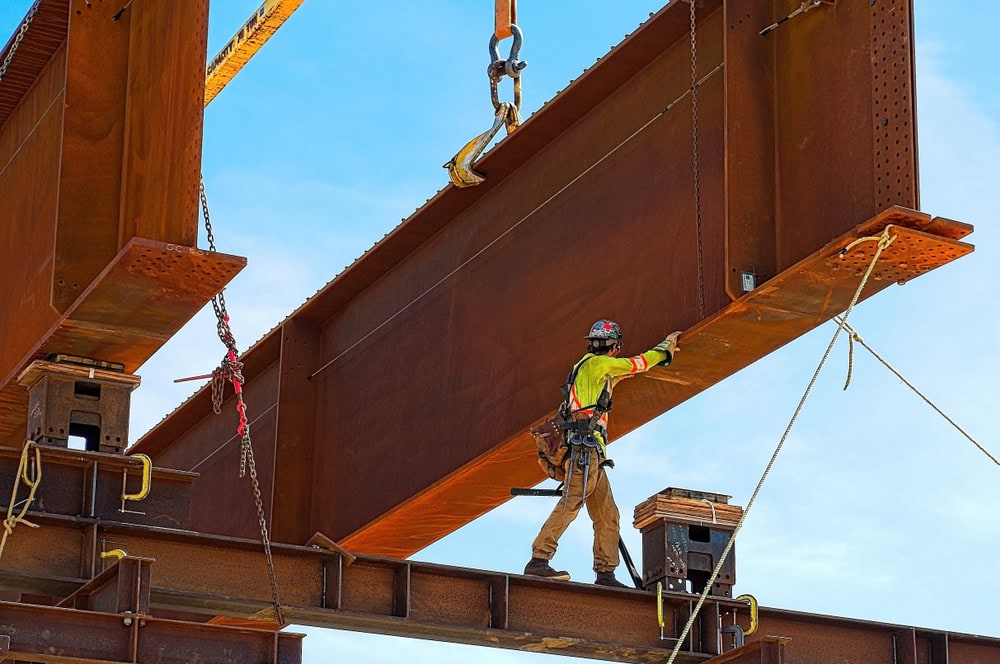Do You Need A Contractor License For Private Construction?
While it’s true that public construction comes with more constraints, codes, and requirements, you still need a contractor license for all private construction costing $500 or more in materials or labor. The consequences of working as a contractor without a license are very serious. The Contractors State License Board (CSLB) exists to enforce the much-needed … Read more










